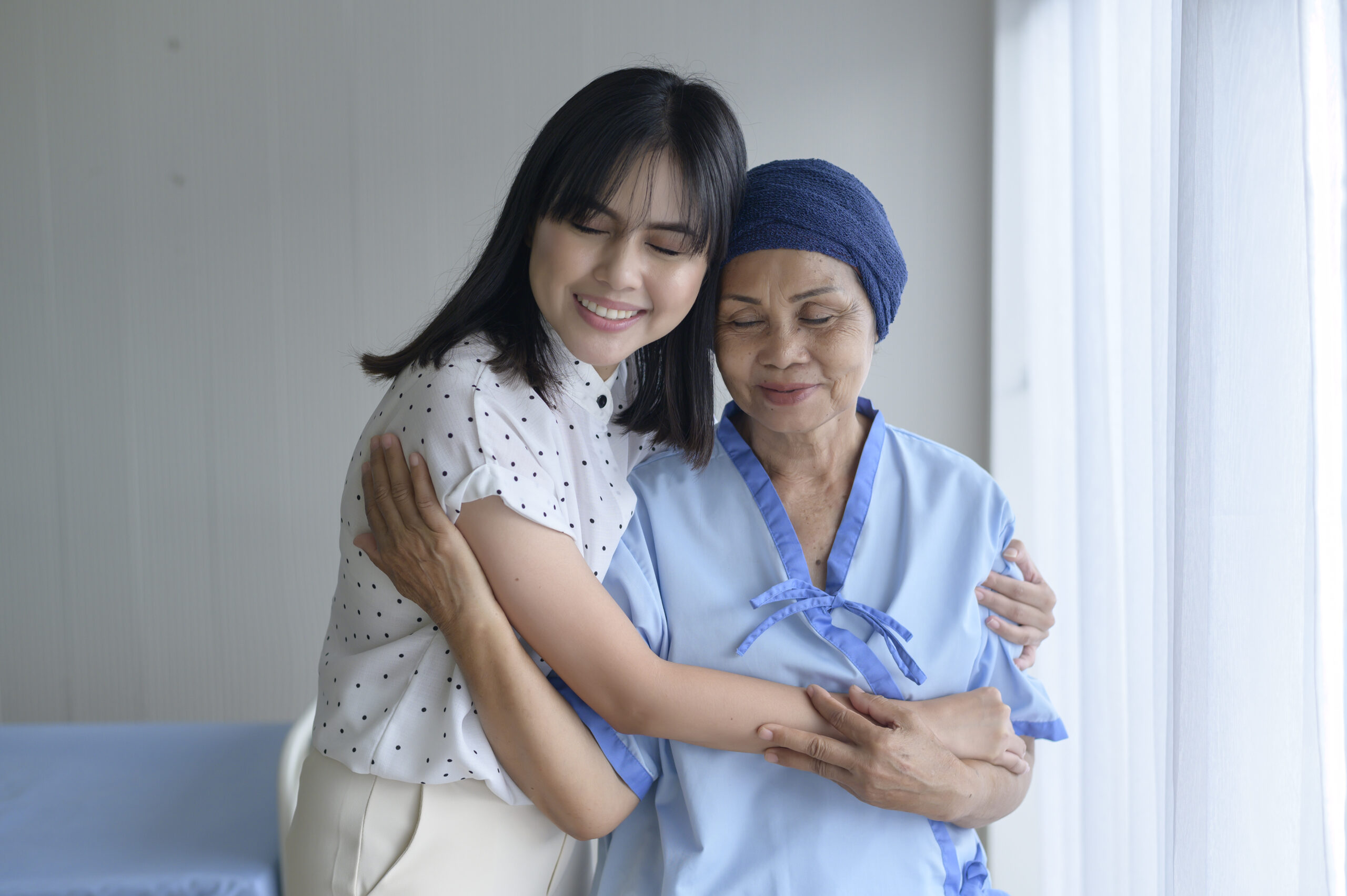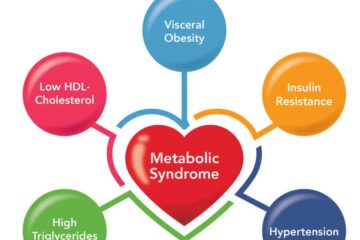Cancer knows no boundaries, and its impact on individuals and families is profound, regardless of age. However, when it comes to cancer care, older adults often face unique challenges that may leave them feeling overlooked or unheard. However, we believe it is crucial to ensure that older adults have a voice in cancer care. Empowering our elders with a platform to share their experiences, preferences, and concerns can lead to more personalized, effective, and compassionate cancer treatments is essential. In this blog, we will explore the significance of ensuring older adults have a voice in cancer care and discuss practical steps to make it a reality.
Understanding the Challenges
Older adults represent a significant portion of the cancer patient population. They may have different treatment needs due to various factors such as multiple health conditions, age-related physiological changes, and social support systems. Unfortunately, ageism and stereotypes can influence healthcare decisions, leading to under-treatment or the omission of effective treatments. It is essential to recognize the unique needs and perspectives of older adults to provide them with the best possible cancer care.
Empowering Older Adults in Cancer Care
Education and Awareness: To ensure older adults have a voice in cancer care, it is crucial to raise awareness among healthcare providers, caregivers, and family members about the diversity and complexity of cancer treatment in older individuals. Training healthcare professionals to recognize and challenge ageism can help improve patient-provider communication.
Shared Decision-Making: Encourage shared decision-making between older adults and their support system, as well as their healthcare team. This approach involves a collaborative conversation where patients are actively involved in choosing their treatment plans based on their goals, values, and preferences. It empowers patients to be more engaged in their care and ensures that their voices are heard. If the patient is not of sound mind or memory, it is crucial to involve members of their personal support system and/or Caregivers in the education decision making processes. These support persons should be acting in the best interest of the patient and what would be their decision, if they were of sound mind.
Empowering Caregivers: Caregivers play a vital role in supporting older adults during their cancer journey. Empowering and involving caregivers in treatment decisions and providing them with adequate support can positively impact patient outcomes.
Tailored Information: Providing older adults with clear and age-appropriate information about their cancer diagnosis and treatment options is essential. Avoiding complex medical jargon and explaining the potential benefits and risks of different treatments can help them make informed decisions.
Cancer knows no boundaries, and its impact on individuals and families is profound, regardless of age. However, when it comes to cancer care, older adults often face unique challenges that may leave them feeling overlooked or unheard.
Addressing Co-morbidities: Older adults often have multiple health conditions that can complicate cancer treatment. Healthcare providers should take a comprehensive approach, considering these co-morbidities when designing treatment plans.
Supportive Care Services: Offering supportive care services, such as palliative care and psychological support, can significantly enhance the quality of life for older adults undergoing cancer treatment. This approach focuses on managing symptoms, pain, and emotional well-being, ensuring that patients’ overall needs are addressed.
Research and Treatment Trials: Encouraging older adults’ participation in cancer research and treatment trials is crucial to determine which treatments are effective and safe for this age group and the patient specifically. Historically, older adults have been underrepresented in clinical trials, leading to a lack of evidence-based guidelines tailored to their specific needs.
Empowering Caregivers: Caregivers play a vital role in supporting older adults during their cancer journey. Empowering and involving caregivers in treatment decisions and providing them with adequate support can positively impact patient outcomes.
Conclusion
Ensuring that older adults have a voice in cancer care is not just an ethical imperative; it is essential for delivering effective, patient-centered healthcare. By recognizing the unique challenges faced by older adults and actively involving them in decision-making, we can create a healthcare system that values and respects our elders. Empowering older adults in cancer care not only enhances their treatment experience but also lays the groundwork for a more compassionate and inclusive approach to healthcare for all age groups. Let us work together to ensure that no one faces cancer alone, regardless of their age.




